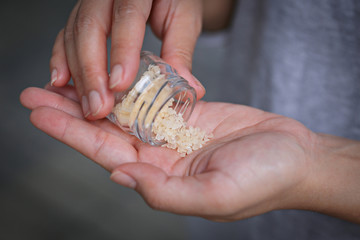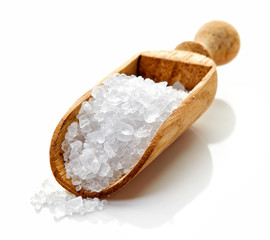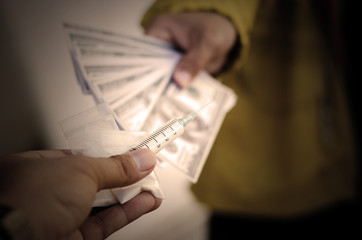Flakka: What You Should Know
Flakka addiction has being a major issue in some part of the world today. Countries like the USA, Brasil, Mexico, and others have had several cases of flakka related issues. Flakka became available in the United States in 2013 in a tablet form. Within a year, its popularity and distribution quickly spread under the “flakka” name. In 2014, the federal government classified it as a Schedule I controlled substance making it illegal. In 2015, police in Florida reported an outbreak of extremely bizarre behaviors by people after using flakka. In one case in Miami, one man chewed another man’s face after using flakka, there has also been a case of a girl in Melbourne, Florida, ran through the street screaming that she was Satan while on a flakka trip. Authorities in the state are warning people about the dangers of the drug.
Symptoms of flakka
The common symptoms of flakka includes;
- Profuse sweating
- Hyperactivity
- extreme agitation
- anxiety
- bizarre behaviors
- hallucinations, delusions and confusion
Effects of flakka
Mental effect
- Flakka causes a feeling of euphoria for the user
- It can also cause extreme anxiety, paranoia and hallucinations
- It also causes psychotic delusions leading to bizarre and out of control behaviors.
Physical effects of flakka
- Flakka cases the heart rate to increase and the body temperature to increase.
- It can cause liver and kidney failure with prolonged use.
- It can also lead to seizures, stroke, heart attack, and death.
- There is also a believe that flakka gives superhuman strength.
Detection in body fluids
Flakka may be quantified in blood, plasma or urine by liquid chromatography-mass
spectrometry to confirm a diagnosis of poisoning in hospitalized patients
or to provide evidence in a medicolegal death investigation.
Range of concentration of flakka in the blood
- >100 μg/L at this range patient is under intoxication
- >300 μg/L in victims of acute overdosage.
Flakka control
α-PVP is a
Schedule I drug in New Mexico, Delaware, Florida, Oklahoma, and Virginia. On
January 28, 2014, the U.S. DEA listed it, along with nine
other synthetic cathinones, on the Schedule 1 with a
temporary ban, effective February 27, 2014. The temporary ban was then extended.
As of
October 2015 α-PVP is a controlled substance in China.
α-PVP is
banned in Estonia, Finland, France, Germany, Hungary, Ireland, Latvia,
Lithuania, Poland, Romania, Slovenia, Sweden, United Kingdom, Turkey, Norway,
as well as the Czech Republic.
Conclusion
Flakka is a very addictive drug,
once started it’s very difficult to stop. The major problem with this drug is
overdosing, since people that takes this drugs, do not take it by doctors
prescription, overdosing cases is always common. flakka
high can last one to several hours, it is
possible that the neurological effects can be permanent. Not only does
the drug
sit on neurons, it could also destroy them, Hall said. And because
flakka, like
bath salts, hang around in the brain for longer than cocaine, the extent
of the
destruction could be greater. Flakka is usually associated with violent
behaviors that in some cases leads to serious injury to the body, the
user
ending up in jail, and in worst cases death. So keep away from flakka.




No comments:
Post a Comment